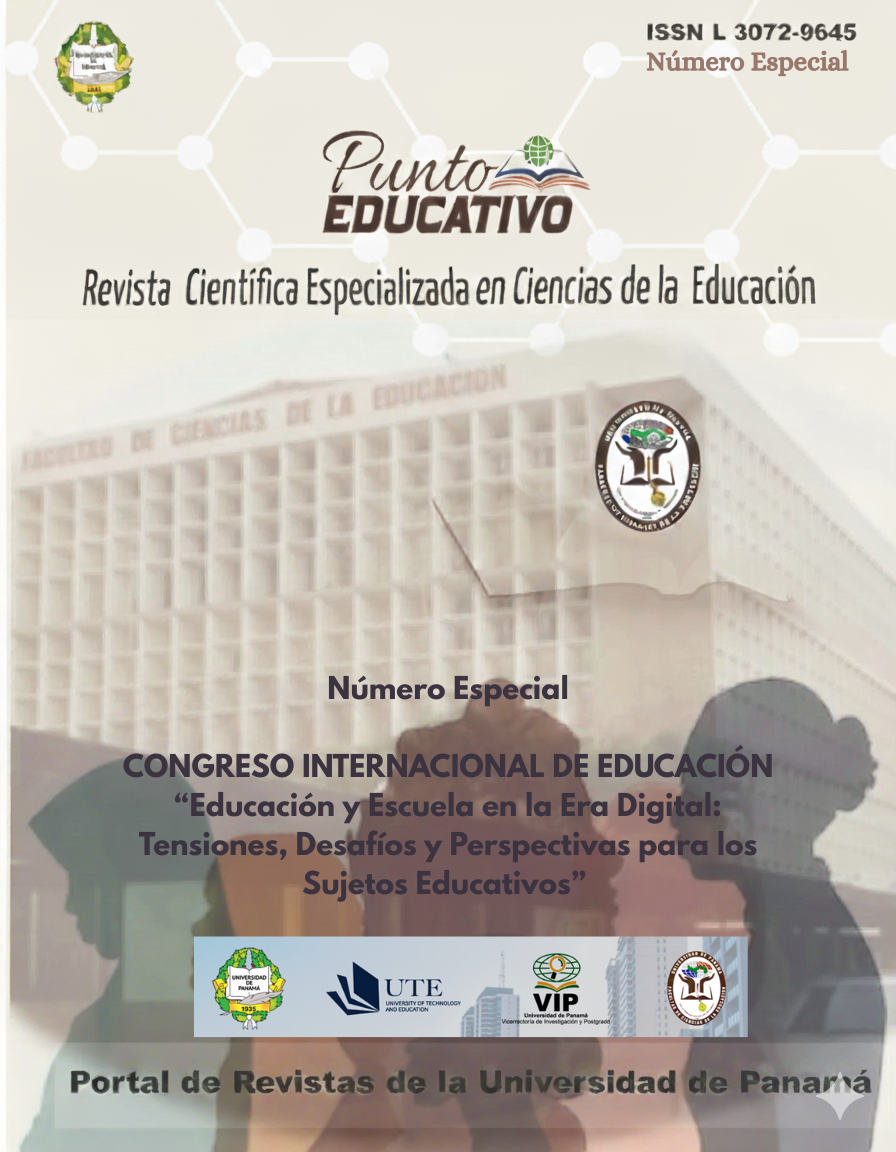

Copyright (c) 2025 Punto educativo

This work is licensed under a Creative Commons Attribution-NonCommercial-ShareAlike 4.0 International License.
This article is a critical essay on the meaning that evaluation has within the educational process that is carried out by basic and secondary education schools, whose purpose is to respond to standardized tests, such as the Saber tests in the Colombian case. being the only opportunity for both the student and the school to demonstrate what they have learned and the quality of the educational service. Despite the efforts to uproot traditional teaching models, some elements survive in the educational imagination, where it is still evident that one of these factors that remains is the conception and application of forms of evaluation from a quantitative and measurable sense. The objective of the work is to generate a reflective space on the role of evaluation within the educational process. It takes as reference the concepts of evaluation in different historical moments to determine their relationship with the teaching-learning process, and establish how certain practices still persist that are promoted implicitly and even without true intention, by the formal institutions where the structure of education, regulatory frameworks and standardized testing. Finally, it is suggested to consider contextual elements to improve evaluation from practice, allowing more organic processes that respond to the needs of each educational institution and that can be articulated with their teaching process.